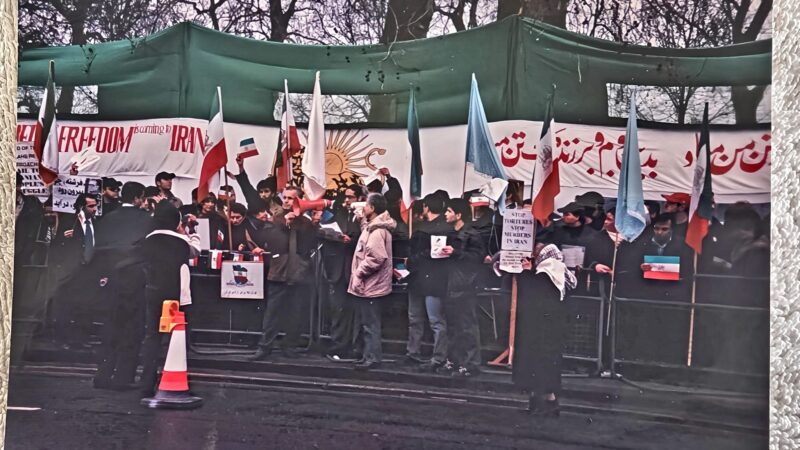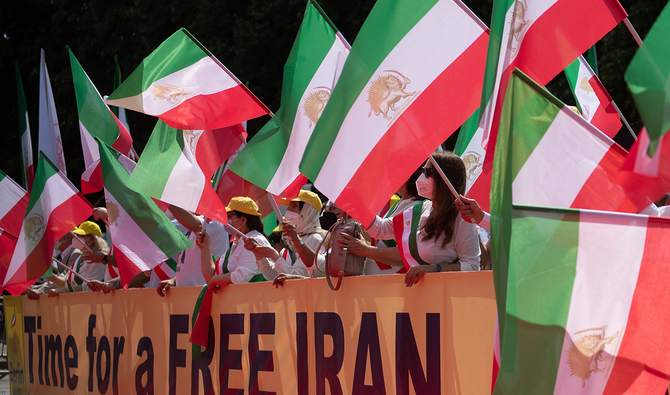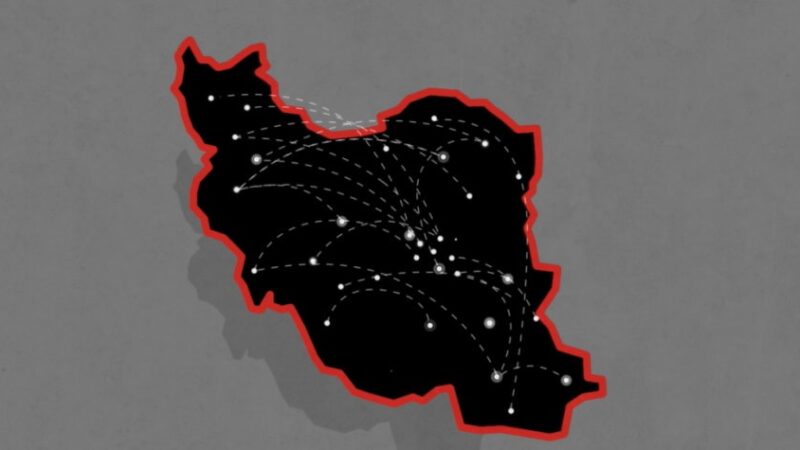Kobane Needs International Support

On behalf of the besieged Kurdish people in the city of Kobane, over one million Kurds in Germany demand during the last days of demonstrations an immediate and effective international intervention, even militarily, to stop the machinery killer of ISIS taking over this Kurdish city in northern Syria.

To acquire freedom against such a foreign force of occupation like ISIS or totalitarian regime like the Islamic regime in Iran, we have seen efficient helps and military interventions from outside. When the helps do not aim to reoccupy or install a proxy regime, these can be justified as “right of intervention”. The expression « Le droit d’ingérence »was first proposed by the French philosopher Jean-François Revel in 1979.
Freedom of many European countries during the World War II from the Nazi Regime, the imposition of no-fly zones over Shiites in Iraq before the 2003invasion, release of Cambodia from the Pol Pot’s terror regime in 1978, and release of Libya from lunatic Gaddafi are some examples of military interventions with humanitarian goals.
No doubt a long history of meddling by Europeans and Americans has shaped our criteria over key powers because their interventions we refor colonial aims. They killed wiped out Millions of people in Africa, South America and Asia,entire and cultures were wiped out, and the wealth gained in the New World propelled colonial powers into enemies of peoples, but the time is passed and today many peoples under the yoke of political Islam have crueler enemies like ISIS in Iraq / Syria or the Islamic regime in Iran, Assad in Syria and so on. These people need international support to get rid of such enemies.
To avoid any abuse of, military intervention can be deployed to help as subjugated people to free themselves from either foreign occupation or native totalitarian regime on the condition that the military actions and presence of the foreign forces will be limited to a period of restoring order in the country proposed by the UN Security Council.
In this case, military intervention can turn out to be a legitimate option when human catastrophes like Holocaust, ethnic massacre, religious and political repression are committed by a totalitarian regime or foreign force of occupation. Needless to mention that peoples of the world must map solidarity to legitimize such an intervention, without that, the intervention is not trusted as a humanitarian action of the international community. Legitimacy of humanitarian intervention can considerably rise when the international solidarity take over the skeptical misunderstandings due to the geological ambitions of foreign powers.
The 2003 controversial US intervention on Iraq aside, the NATO’s interventions in Kosovo in 1999 and in Libya in 2011 were the two exemplary interventions permitted by the UN. They have ignited pragmatic debates over the philosophy of right of intervention mostly debated in French media as “le droit d’ingérence”.
ISIS has been mainly supported by Saudi Arabia, the Persian Gulf countries and armed by advanced US arsenal seized in Iraq and Syria. ISIS is now a machinery killer in the region. The Kurdish defenders of Kobane who heroically fight for their city are deprived from receiving helps from Kurds of Turkey because they are labelled as supporters of the PKK which is deemed a terrorist party in Turkey.
While besieged people in Kobane or subjugated people under other Islamic totalitarian regimes demand freedom, such activists are skeptical considering the intervention as a plot of“colonial” or “imperialistic” powers against national sovereignty. The legality of using foreign military force to respond to human rights violations remains a controversial issue among the opposition of such a subjugated people mainly because of prejudice to foreign intervention however with no concrete better proposal for immediate and effective alternative.





